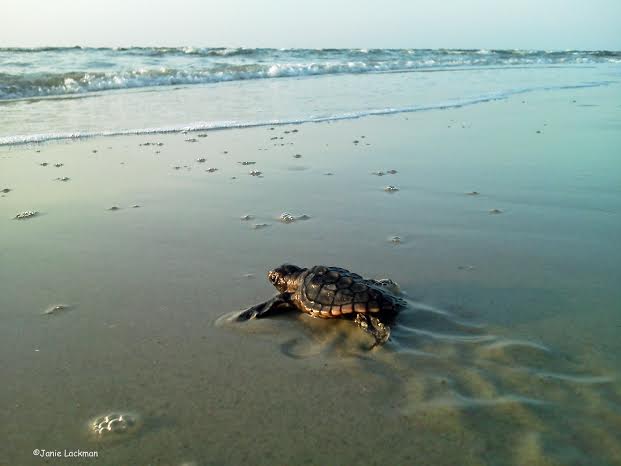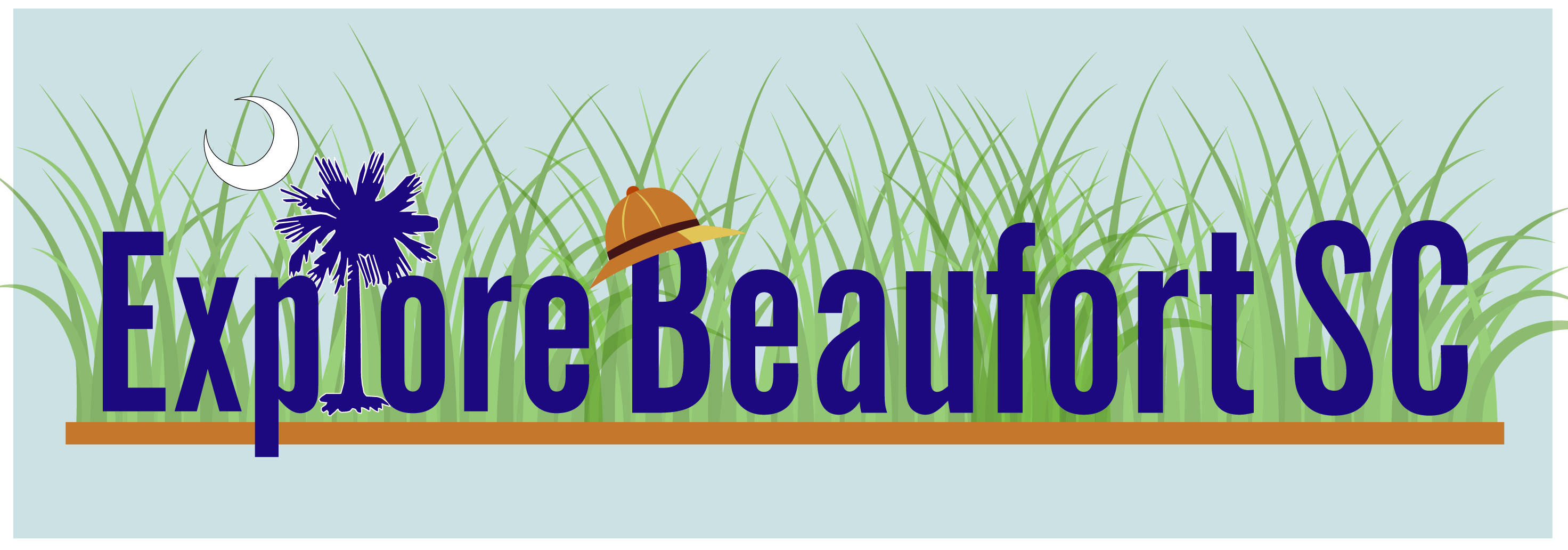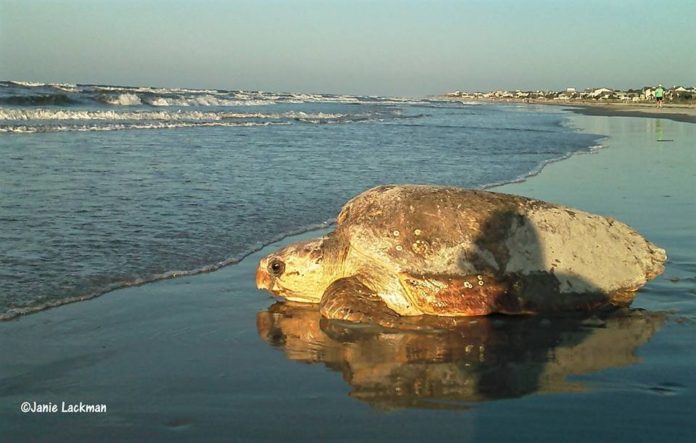We’re halfway through April and that means that sea turtle nesting season is coming to Beaufort beaches. Anytime over the next few weeks, we will see the first momma sea turtles visiting Beaufort’s local beaches to build their nests on Fripp, Hunting, Harbor, Hilton Head, St. Helena and Pritchard’s Islands.
Sea turtle season officially starts on Wednesday, May 1st here on local South Carolina beaches, but we’re very likely to see activity before then, as sea turtles aren’t known for keeping calendars.
With a record year in 2019, and the 2nd best season ever recorded in 2022, hopes are very high for a good season along the S.C. coast.
A 300 pound loggerhead sea turtle emerging from the ocean and slogging its way through the sand to dig a hole to lay her eggs….what a sight to see.

Well trained volunteers on many of our local Beaufort sea islands patrol the beaches every day from May through October performing a variety of tasks. They report the nests, the help protect them and they even move them if the momma turtle was having a bad night and picked a bad spot for her nest.
Whether or you live near areas where sea turtles are, or if you’re just visiting, there’s plenty you can do to help these wonderful creatures from the sea.
Don’t worry, we’ll remind you plenty over the next several months….
Lights out
Sea turtle hatchlings will use lunar light to find their way to the water at night after they hatch. Artificial lighting confuses the babies and causes them to head inland instead of out to sea – putting them in dangerous, disoriented, situations which can lead to death. Artificial lights also discourage adult females from nesting on the beach.
Keep the beach clean
Sea turtles can become tangled in plastic, debris and garbage both on the shore and in the water. And, we don’t like when trash meets a turtle in Beaufort. Discarded items including fishing line, balloons and plastic bags may also be confused for food and eaten by sea turtles, resulting in their injury or death.
Leave turtles alone
How many of you want an audience when you’re giving birth? Honestly? Yes, sea turtles are cute, and therefore they’re tempting to touch and observe, but flashlights and people disturb turtles when they are nesting, or trying to nest. Make sure to give nesting areas plenty of space, and do not disturb females as they emerge from the ocean looking for a place to nest. Also be conscious of where nesting areas are so that you can avoid trampling the hatchlings as they head to the water later in the season.
If you encounter a turtle in Beaufort on the beach at night, remain quiet, still, and at a distance, otherwise she may become frightened and return to the ocean without nesting.
Mind your stuff
Remove recreational equipment, such as lounge chairs, cabanas, umbrellas, and boats, from the beach at night. These items can deter nesting attempts and prevent hatchlings from reaching the ocean.
Put the sand back the way it was
Always level sandcastles at the beach after you’re done enjoying your visit. And, please, fill in those holes. A momma sea turtle doesn’t need to fall into a hole or come face to face with the fortress of Helm’s Deep while she’s struggling to find a nesting spot. This is their environment, no pitfalls or fancy castles are necessary. Don’t give the sea turtles in Beaufort a hard time.
Also, leave tracks left by turtles undisturbed. Researchers use the tracks to identify the species of turtle that nested and to find and mark the nests for protection.
Alert boating
When boating, stay alert and avoid sea turtles. Propeller and collision impacts from boats and ships can result in injury and death of sea turtles. Also, stay in channels and avoid running in seagrass beds to protect this important habitat from prop scarring and damage. Avoid anchoring boats in seagrass beds and coral reefs, which serve as important foraging and resting habitats for sea turtles.
Sea turtle nesting season is a very special time here in the Lowcountry, and one that locals truly love and appreciate. Help us keep it happening for generations to come.
Check back here for turtle season updates, and also visit SCDNR for more sea turtle news.











